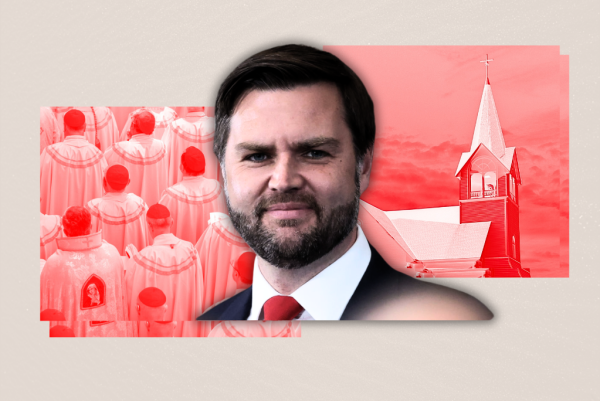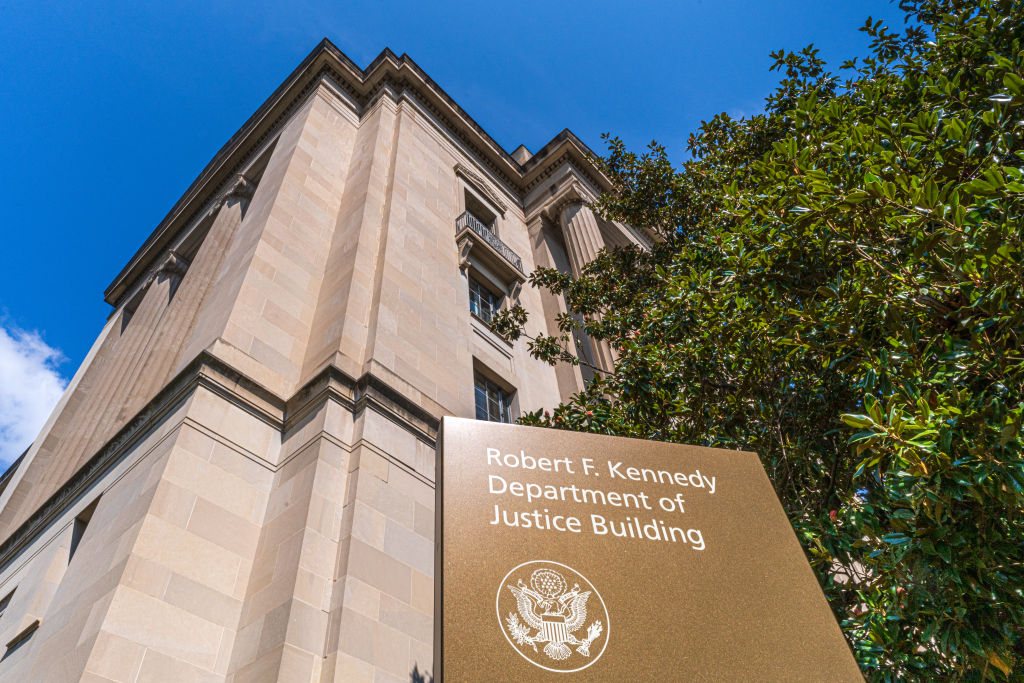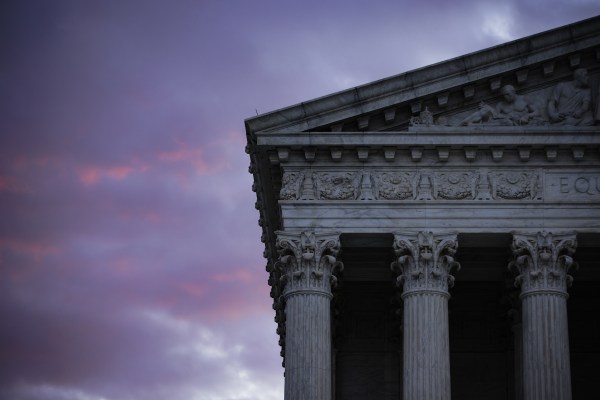Hello and happy Saturday. On Thursday, the Trump administration, through the Office of Personnel Management, advised federal agencies to shrink their workforces by laying off probationary employees—workers who hadn’t been on the job long enough to secure civil service protections. A decision that could leave up to hundreds of thousands of people jobless might normally dominate headlines, but the biggest news of the week was about a series of voluntary resignations.
Danielle Sassoon, the acting U.S. attorney for the Southern District of New York, resigned on Thursday after Emil Bove III, the acting deputy attorney general, ordered her office to dismiss bribery and fraud charges against New York Mayor Eric Adams. In his order, Bove did not cite any issues with the case against Adams but wrote that the investigation hindered the mayor’s ability to assist with the Trump administration’s immigration enforcement.
But in a letter to Attorney General Pam Bondi the day before her resignation, Sassoon wrote that Adams’ lawyers had, “repeatedly urged what amounted to a quid pro quo, indicating that Adams would be in a position to assist with the Department’s [immigration] enforcement priorities only if the indictment were dismissed.” She also highlighted that the order to dismiss the case “without prejudice,” meaning that it could be brought again in the future, “creates obvious ethical problems, by implicitly threatening future prosecution if Adams’s cooperation with enforcing the immigration laws proves unsatisfactory.”
Sassoon was not the only Department of Justice employee to resign over the order. Bove transferred the case to the Justice Department’s Office of Public Integrity, and five lawyers in that department resigned before veteran prosecutor Edward Sullivan agreed—under pressure and after lawyers in the office considered a mass resignation—to sign the dismissal order. A seventh lawyer, assistant U.S. attorney Hagan Scotten, sent a blistering resignation letter on Friday:
Any assistant U.S. attorney would know that our laws and traditions do not allow using the prosecutorial power to influence other citizens, much less elected officials, in this way. If no lawyer within earshot of the President is willing to give him that advice, then I expect you will eventually find someone who is enough of a fool, or enough of a coward, to file your motion. But it was never going to be me.
On Advisory Opinions, Sarah Isgur and David French discussed Sassoon’s background, noting that she clerked for Supreme Court Justice Antonin Scalia, and compared the resignations to the 1973 “Saturday Night Massacre” in which Attorney General Elliot Richardson and Deputy Attorney General William Ruckelshaus resigned rather than fire Watergate Special Prosecutor Archibald Cox.
In Boiling Frogs, Nick also highlighted Sassoon’s background and noted that her sacrifice stands in contrast to those who have willingly done Donald Trump’s bidding to advance their careers.
That’s the résumé of a future attorney general or appellate judge, possibly a Supreme Court justice. Given her youth and intellect, my guess is that Sassoon stood a real chance of landing on the federal bench before Trump’s term was up. All she had to do was follow the example of J.D. Vance, Elise Stefanik, Marco Rubio, and a million other soulless Republican lowlifes by agreeing to prioritize his interests over her commitment to liberalism.
…
Her willingness to place liberal principle over her own ambition is like a long drink of water during an endless trek through the desert. Amid a national pandemic of moral cowardice, she and the others who resigned rather than carry out Bove’s drug deal turned out to be immune. They lit their careers on fire because they deemed that preferable to being derelict in their ethical duties. However much you admire them, it’s not enough.
The fallout from this story will undoubtedly continue, and we’ll have more as it does. Thank you for reading and have a good weekend.

Why J.D. Vance Is Wrong About the Catholic Church’s Mission

The Horseshoe Politics of Higher Education

A Half-Century of ‘Saturday Night’
And here’s the best of the rest:

Read My Lips: Tariffs Are Taxes

The Republicans’ Underwhelming Budget

Trump’s Labor Pick May Signal a GOP Pivot

The IRA Has Made a Little Climate Bang for a Lot of Taxpayer Bucks

Businesses Scramble for Tariff Exemptions

Trump’s Deportation Plans Hit Bottlenecks











Please note that we at The Dispatch hold ourselves, our work, and our commenters to a higher standard than other places on the internet. We welcome comments that foster genuine debate or discussion—including comments critical of us or our work—but responses that include ad hominem attacks on fellow Dispatch members or are intended to stoke fear and anger may be moderated.
With your membership, you only have the ability to comment on The Morning Dispatch articles. Consider upgrading to join the conversation everywhere.